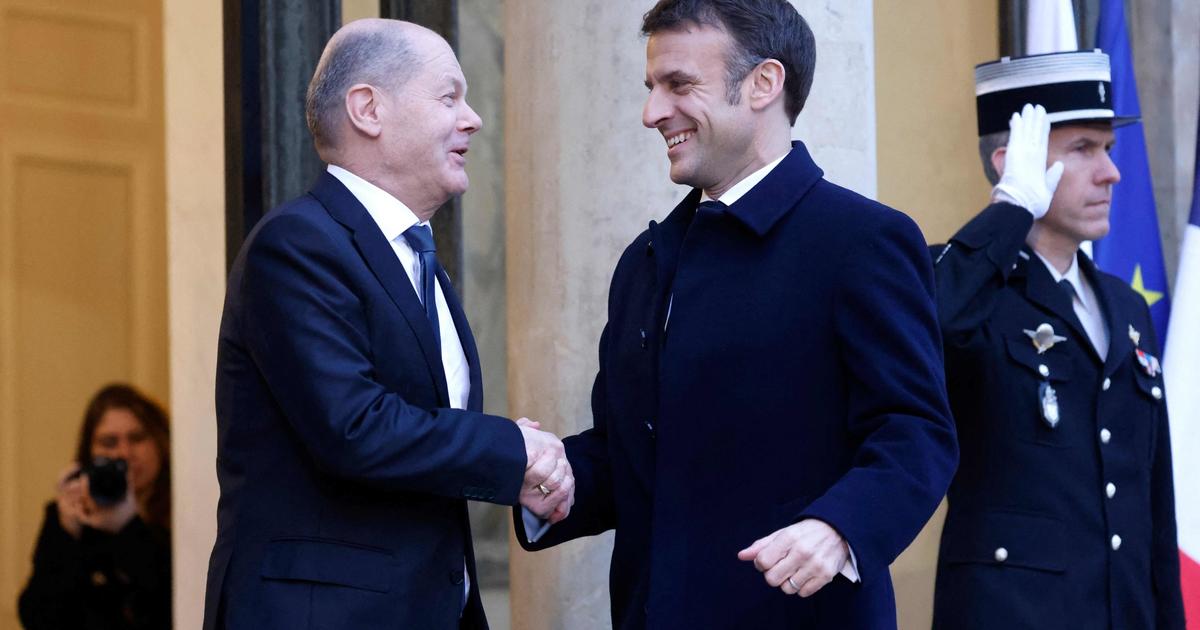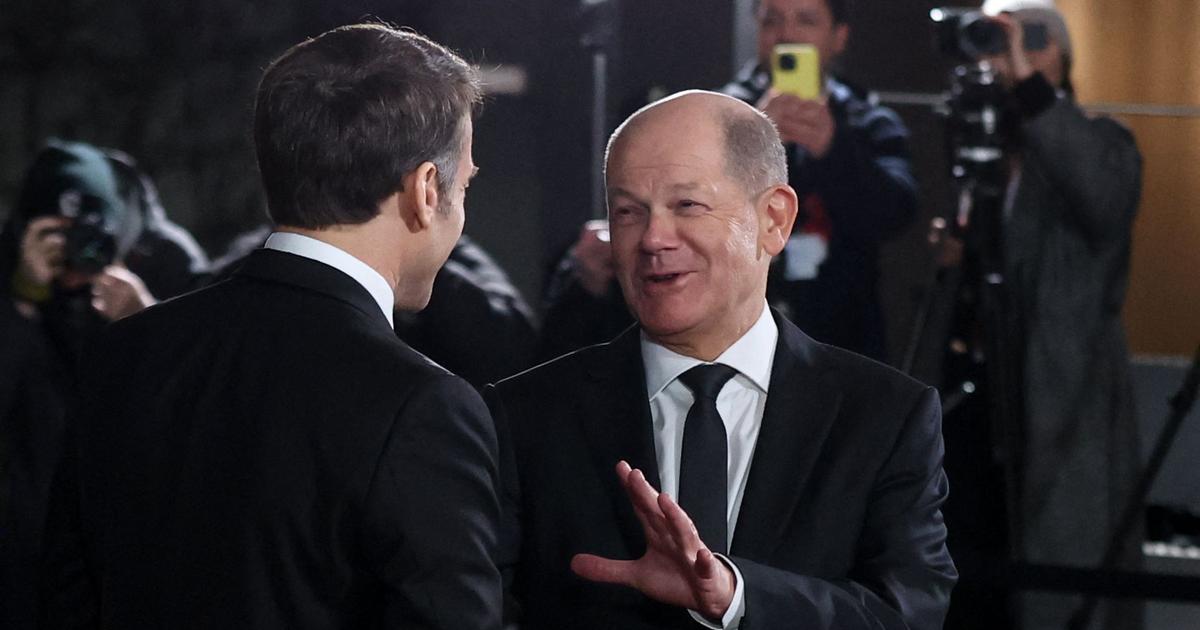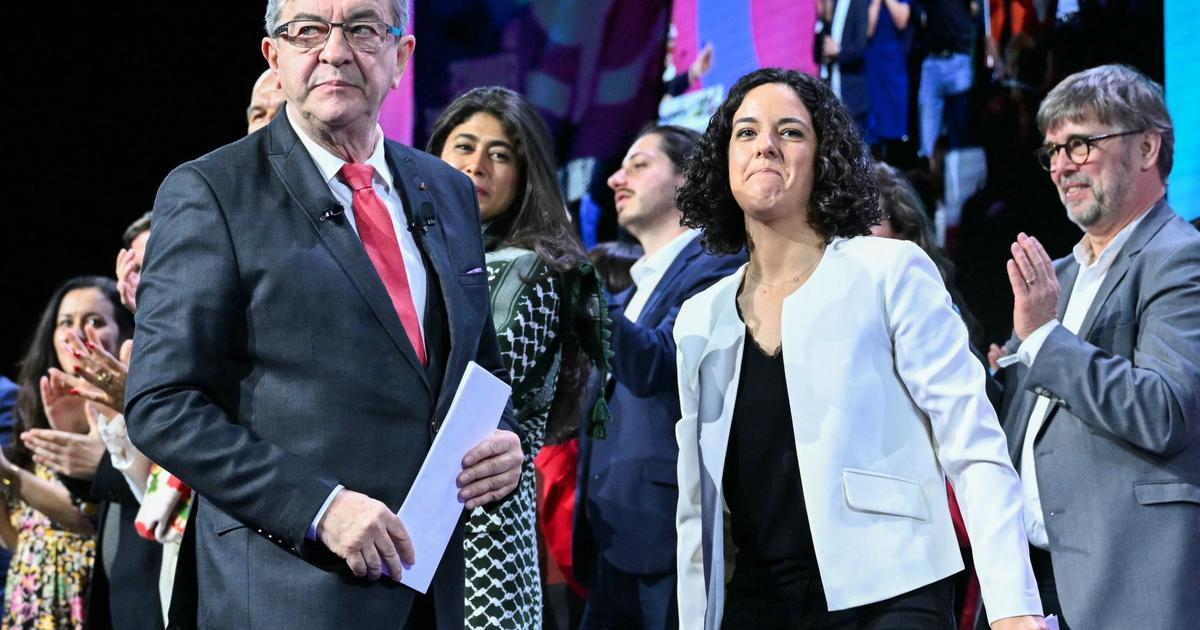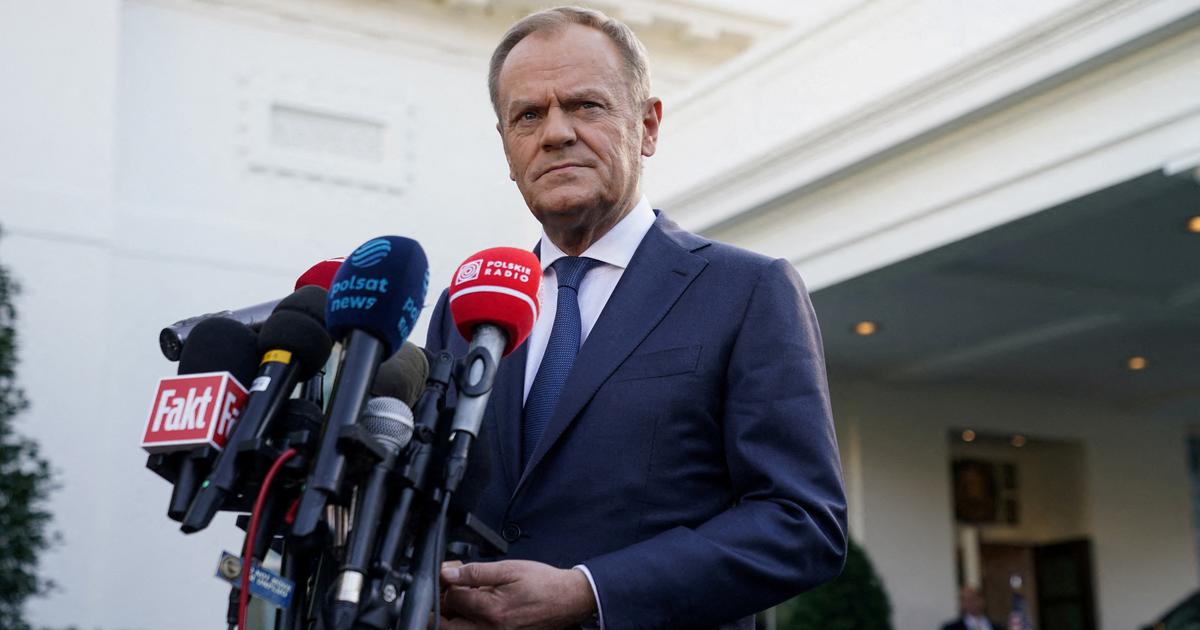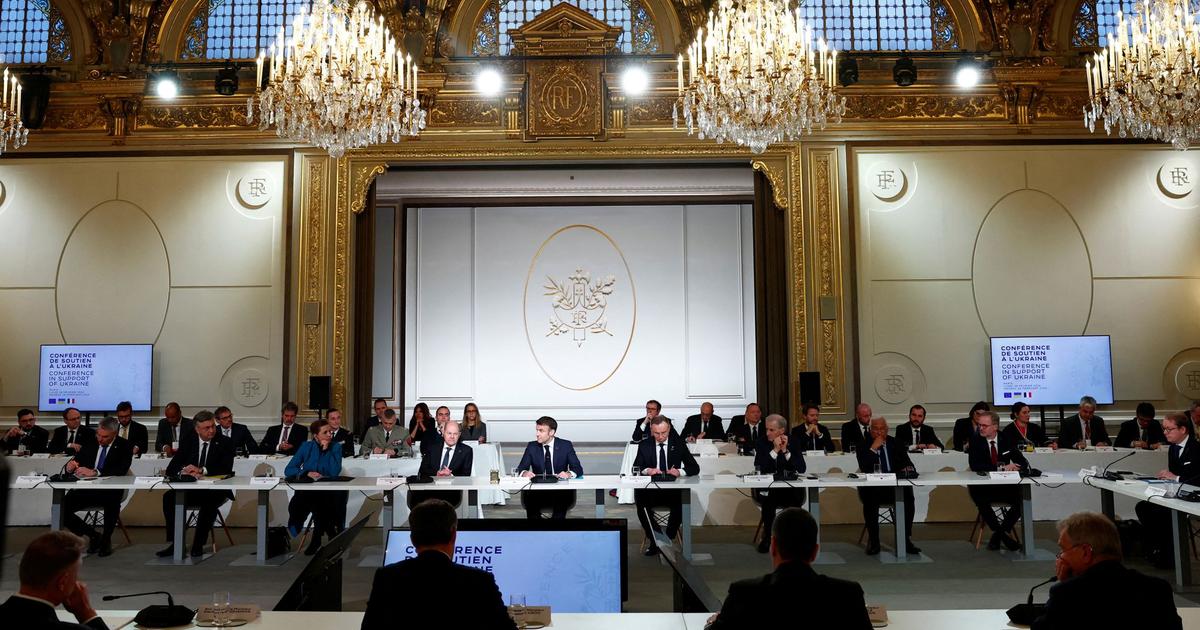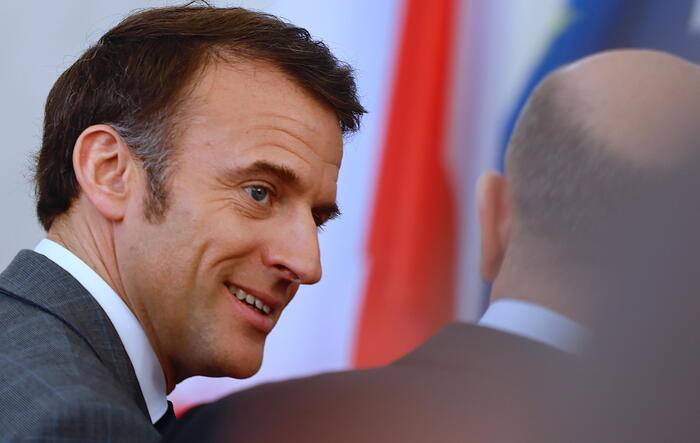Between the coronavirus and the fight against the economic crisis that it entails, the crisis in Belarus, Brexit, the tensions in the eastern Mediterranean, the coup in Mali or, this very Thursday, the poisoning of the main Russian opponent, Alexei Navalni, the agenda, both bilateral and international, was well loaded. But above all, what mattered was the gesture. Angela Merkel became the first German Chancellor in 35 years to visit a French president, Emmanuel Macron, in Fort Brégançon, the "Elysee of summer", where the president spends his vacations and where, in his three long years of government, had only previously welcomed the British Theresa May and the Russian Vladimir Putin. An “exceptional” visit, the Elysee had underlined, which should highlight that special relationship of the Franco-German axis - Macron's first trip as president was to Berlin - which, despite its ups and downs, has been key in bilateral and European politics of the last three years and that he still has a lot to do in this last year of the veteran German Chancellor, who next year says goodbye to politics.
“We are living in challenging times, the covid crisis is the first (…) but we are also facing a world that is rebuilding itself, including the American and Chinese cycles, and we have the deep conviction of the need for a Europe that takes its entire place, that it defends its strategic sovereignty and independence within the framework of cooperation and respecting international balances and multilateralism, but that it knows how to defend its agenda ”, Macron summed up after the two-hour meeting, which was followed by a“ working dinner ”.
It was the first time that Merkel and Macron had seen each other in person since the interminable European Council at the end of July in Brussels in which the European reconstruction fund of 750,000 million euros was approved, not without great difficulties, to help the most countries. affected by the coronavirus to face the economic crisis. The initiative has been possible thanks to the determined push of Paris and Berlin, who together presented the multimillion-dollar plan that they consider key to safeguard the European project itself. But there is still much to do and Macron and Merkel, whose country is the current president of the EU, took advantage of this meeting on the Côte d'Azur to finalize details before the critical phase that begins with the return of the holidays and the start of the political course : the ratification of the fund by the European Parliament and those of the 27 Member States, preferably before the end of the year (and the German European mandate).
Both agreed, said both Macron and Merkel, in their desire for "better European coordination" both for the final approval of the funds and their distribution and, on the health level, the response of each country to a pandemic that rebounds in All Europe.
"Now more than ever, we have to have a European action against the coronavirus, we cannot limit ourselves to national responses, to confine the countries again, we must work on the regional plan, we have to coordinate our action to fight together against the epidemic" Merkel insisted.
They also reviewed the bulky and hectic international agenda. On the electoral crisis in Belarus, Macron blamed Lukashenko for "resisting" the OSCE mediation proposal to which Russian President Vladimir Putin has already been "favorable", according to the French leader, who warned at the same time to Moscow that Europe expects a "frank dialogue" on the former Soviet republic, because "stability and the possibility of a relationship between the EU and Russia are also at stake in this case." "We do not want to see a replica with what we saw in past years, especially with Ukraine, and we have been very clear with (Russian President Vladimir) Putin," he said.
“What we expect from Russia is really a frank and sincere dialogue with the EU, in particular with Germany and France, a cooperation for an effective mediation and to contribute to avoid any escalation and, above all, to absolutely prohibit any additional violence to the Belarusian situation. ”.
Together with Merkel, the French president also reviewed the situation in Libya, the coup in Mali or the crisis in the eastern Mediterranean. Although both assured that there is "convergence" on all issues, it was clear that, at least as far as strategies are concerned, when it comes to conflicts with Turkey, the roads diverge - while Berlin advocates dialogue, Paris has sent military reinforcements to the area in support of Greece and Cyprus - even if they seek the same objective.
"Our strategic objective on the eastern Mediterranean is the same: European sovereignty and stability," said Macron, although he went on to specify: "We each have a way of doing it, we each have our history. There has to be a complementarity "for this" common objective to obtain results. " "There are different means of acting," Merkel conceded. “We can support our European allies, we can also send ships, but we are also working so that the dialogue between Greece and Turkey is resumed (…) It is difficult to say which is the best strategy, that is why we work together, I think there are many possibilities to explore, ”he added in a conciliatory tone.
From Helmut Kohl to Angela Merkel, 35 years after a German visit
When Helmut Kohl visited François Mitterand at Fort Brégançon 35 years ago, the German Chancellor did not yet know the woman he would end up turning into his dolphin, Angela Merkel. It was August 1985 and the current Chancellor was still a 31-year-old physicist from East Germany with no apparent political ambitions. Official international visits to Brégançon, the fort on an isolated islet on the Côte d'Azur, are rare. Since Kohl's meeting with Mitterrand on August 24, 1985, no other German chancellor until Merkel had visited the "Elysee bis" again. And that despite the fact that the German has seen, during her almost 15 years in office, pass four French presidents: Jacques Chirac, Nicolas Sarkozy, François Hollande and Macron. Hence the latter's invitation has a special meaning. “A visit to Brégançon is an exceptional visit. There is one per year. It is a way for the president to show the strength, vigor and quality of the Franco-German relationship ”, Le Figaro quotes Macron's surroundings. "Today, the Macron-Merkel bond is very strong," said the Secretary of State for European Affairs and former Macron Sherpa, Clément Beaune, in Le Parisien.

/cloudfront-eu-central-1.images.arcpublishing.com/prisa/XTRLTBXHAVHRZJYS53RP6ZVL3E.jpg)


